BoblyBill
TPF Noob!
- Joined
- Oct 30, 2006
- Messages
- 2,860
- Reaction score
- 40
- Location
- in the eye of a tornado
- Can others edit my Photos
- Photos OK to edit
Well thank you... I'll proudly put that comment under my belt and that coming from someone that I highly respect as far as photography is conserned at that...


![[No title]](/data/xfmg/thumbnail/38/38736-5bc266b035e23faf5ad942bdd97466a8.jpg?1619738703)
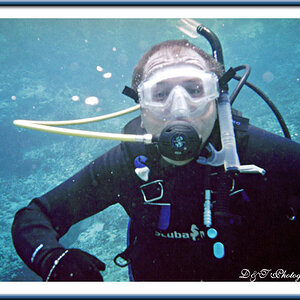
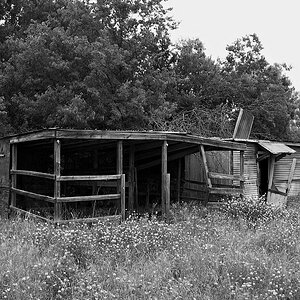
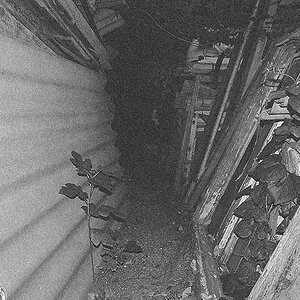
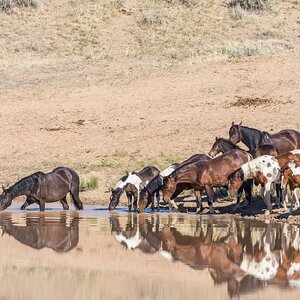
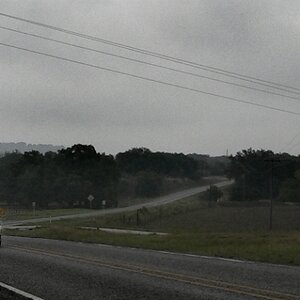
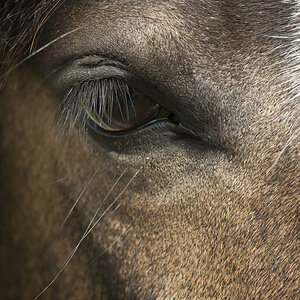
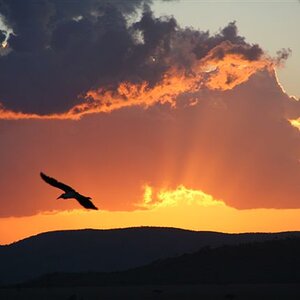

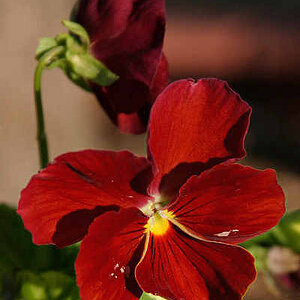
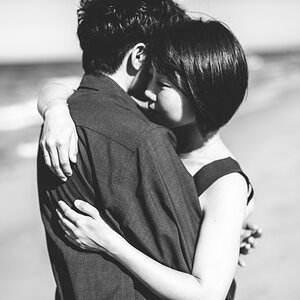
![[No title]](/data/xfmg/thumbnail/32/32706-50b778fbc110c8ea4472547d54c6a923.jpg?1619735610)